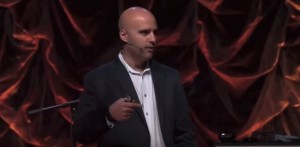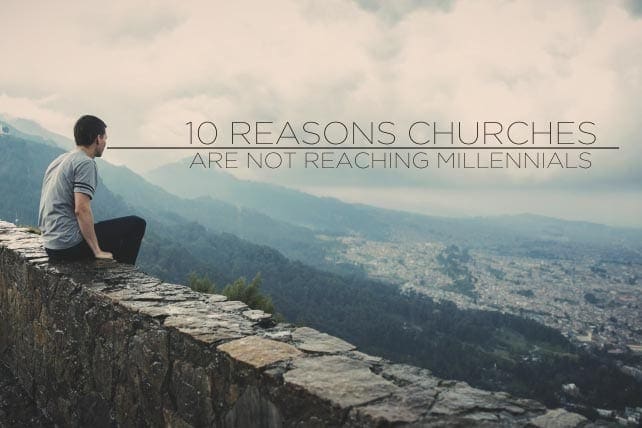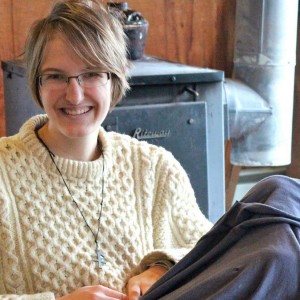
© 1902 Internet Archive Book Images, Flickr | PD | via Wylio
If you are a parent, then there are times when your child feels as if you are preaching at them. If you don’t know your favorite topics, just ask them (if you are brave).
This article written by an emerging adult explains the thought process for your child as you discuss issues that you don’t agree upon – including faith. While this article may not reflect the relationship between you and your child, there is much for parents to learn from this writer’s perspective.
Within five minutes of starting the hour-long car ride, she asked me if I wanted to explain my theological beliefs to her.
Awkward.
At this point, I had three options…
Read the entire article – HERE.
I wanted to summarize the points, but found too much that I wanted my readers to see and feel. But I do want to highlight the author’s main conclusion:
I ask ‘when the preaching will end’ because with conservatives I consistently feel that I am being preached at by people who don’t care to understand me as a person, while with liberals I feel that I am becoming a part of a movement which is built on compassion and mutual understanding.
Within our homes, churches, and the public square – communication is key.
Most Christians ignore the role of the Holy Spirit, and focus on conversion tactics when speaking with those outside the church – including their children. Dialogue and diversity are welcome in today’s culture, but when someone in a conversation feels the need to be right – it will turn people from the beauty of the gospel.
This author is a follower of Jesus who was raised in an evangelical home. Unfortunately, this emerging adult found the “extra baggage” of present-day Evangelical culture (which I use to refer to anything not required by the original tenants of the movement) to be completely overpowering to their spiritual journey. I believe that some emerging adults find these beliefs so restrictive that they abandon the faith completely.
Related Links:
- The Fracturing of Evangelicalism: Will Millennials be the Wedge?
- How Evangelicals are losing an entire generation?
- After they have gone – Encouragement for parents of prodigals
- Needing to know why they left – Encouragement for parents of prodigals
 Dr. G. David Boyd is the managing director of EA Resources – a non-profit designed to equip parents and churches to engage emerging adults. He is also the founder of the EA Network – a community of people who serve and love emerging adults.
Dr. G. David Boyd is the managing director of EA Resources – a non-profit designed to equip parents and churches to engage emerging adults. He is also the founder of the EA Network – a community of people who serve and love emerging adults.








 Skye is ordained in the Christian & Missionary Alliance, a Protestant denomination established in 1887. He earned a Masters of Divinity degree in 2001 from Trinity Evangelical Divinity School in Deerfield, Illinois.
Skye is ordained in the Christian & Missionary Alliance, a Protestant denomination established in 1887. He earned a Masters of Divinity degree in 2001 from Trinity Evangelical Divinity School in Deerfield, Illinois.


 Abby Allen is a full-time physical therapist from Springfield, IL. She spends her days doing her best to be Jesus’ hands and feet, facilitating healing of all her patients each day. In her free time, she enjoys writing inspirational and encouraging blog posts, which are written purely from whatever may be weighing on her heart at that time.
Abby Allen is a full-time physical therapist from Springfield, IL. She spends her days doing her best to be Jesus’ hands and feet, facilitating healing of all her patients each day. In her free time, she enjoys writing inspirational and encouraging blog posts, which are written purely from whatever may be weighing on her heart at that time. Emerging Adults are not the only ones
Emerging Adults are not the only ones 
 behind. I completely agree with their statement that “the Dones and the almost Dones are the strongest bridge to the Nones.” (137)
behind. I completely agree with their statement that “the Dones and the almost Dones are the strongest bridge to the Nones.” (137)

 Do you know what the hell you’re doing? Because we’re coming clean and admitting that often times we don’t.
Do you know what the hell you’re doing? Because we’re coming clean and admitting that often times we don’t.